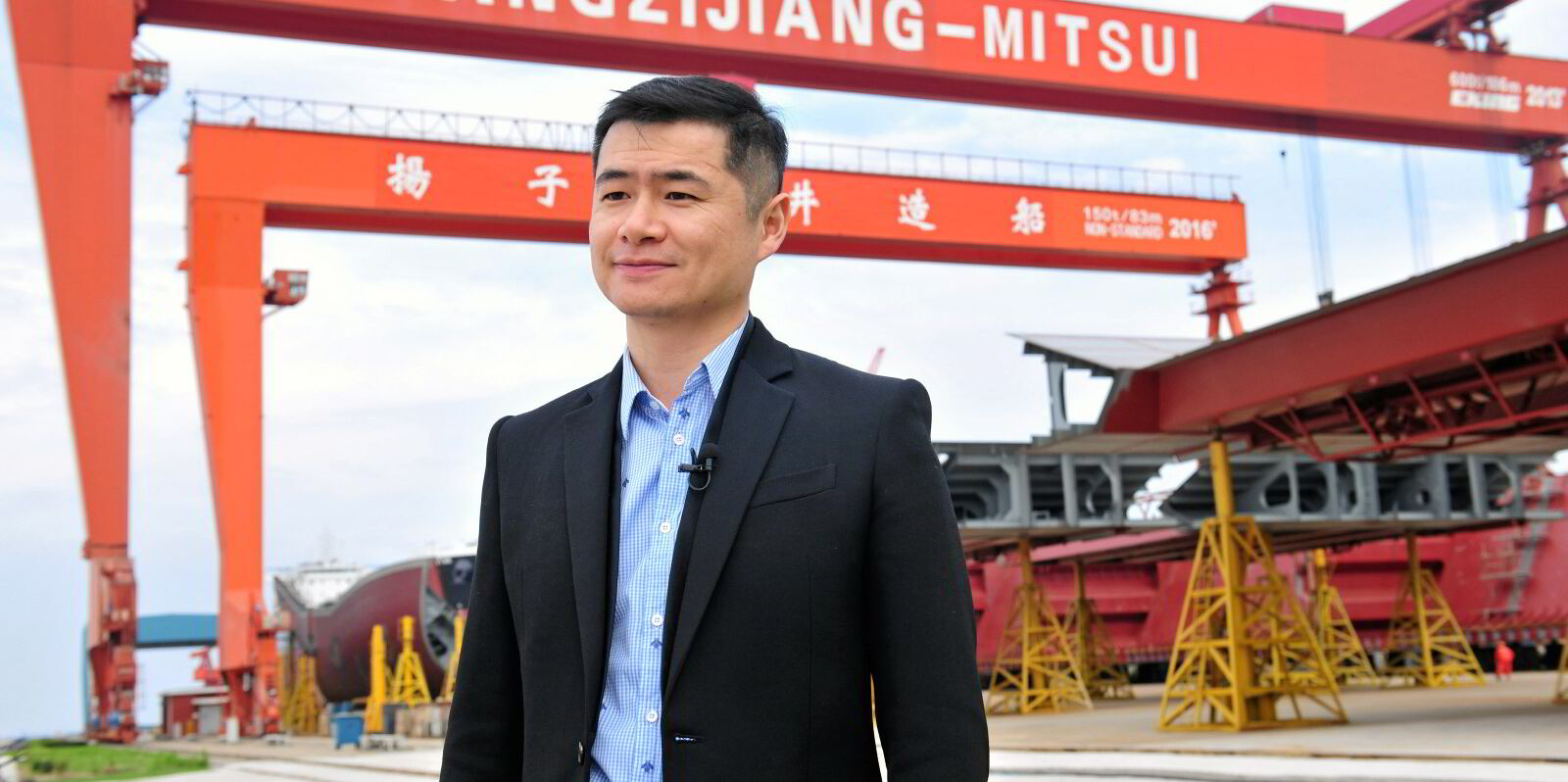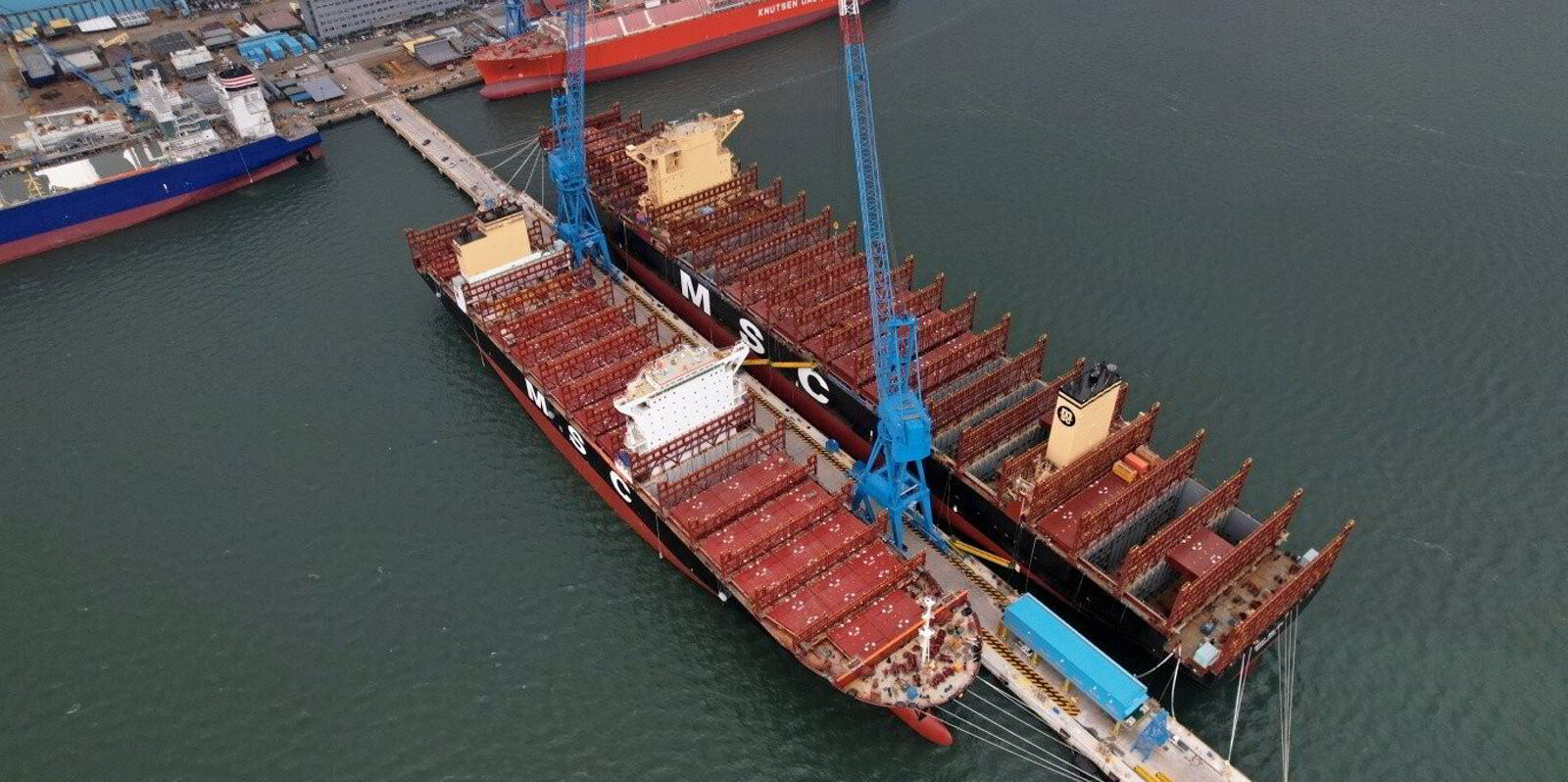Yangzijiang Shipbuilding is expanding capacity to meet rising newbuilding demand and to build high value-added ships.
The Singapore-listed Chinese shipyard disclosed that it has signed an agreement with the government of Jingjiang City to acquire an extra area of 866,671 square metres for a clean energy ship manufacturing base.
Yangzijiang said it plans to invest CNY 3bn ($413m) to construct the facility over the next two years to build LNG carriers and other clean energy vessels.
The new base is adjacent to Jiangsu Yangzi Xinfu Shipbuilding, enabling the company to “seamlessly integrate new facilities, thereby enhancing both productivity and operational efficiency”.
Yangzijiang said once it gets approval from the state, construction will be executed in phases to ensure efficient resource allocation and regulatory compliance.
It plans to complete construction by the end of 2026.
Chinese news agencies reported that Yangzijiang’s new base will have an annual production capacity of about 800,000 dwt, or an output of not less than $1.38bn.
Yangzijiang is the only privately owned Chinese shipyard building large LNG carriers. It is building two 175,000-cbm vessels for an unnamed European company that are scheduled to be delivered in December 2025 and April 2026.
Two months ago, Yangzijiang secured its first very large ethane carrier deal when refinery owner SP Chemicals ordered three 99,000-cbm vessels.
In May, Yangzijiang disclosed that it had achieved 74% of its total order target of $4.5bn for 2024. Its orderbook stands at 193 and is filled up until 2028.
It said clean energy vessels account for 61% of its total outstanding orderbook value.
Container ships make up a large part of the orderbook, 66 vessels valued at $9.28bn, followed by 47 bulkers worth $1.88bn, 58 tankers worth $2.83bn and 22 gas carriers worth $2.1bn.
Yangzijiang said it is on track to achieve its order target this year and its strong orderbook brings “revenue visibility” up to 2027.
It said the outlook for the shipbuilding market will continue to be strong due to demand for tankers and gas carriers.
Fleet renewal and increasing sailing distances caused by geopolitical disruptions will fuel demand for new tankers, while strong growth in shale gas production and rising demand for LPG in heating, ventilation and air conditioning applications will drive orders for gas ships, it said.





